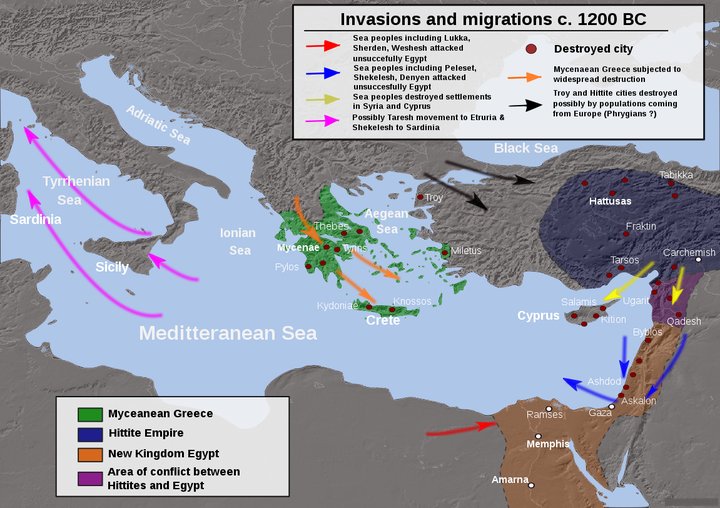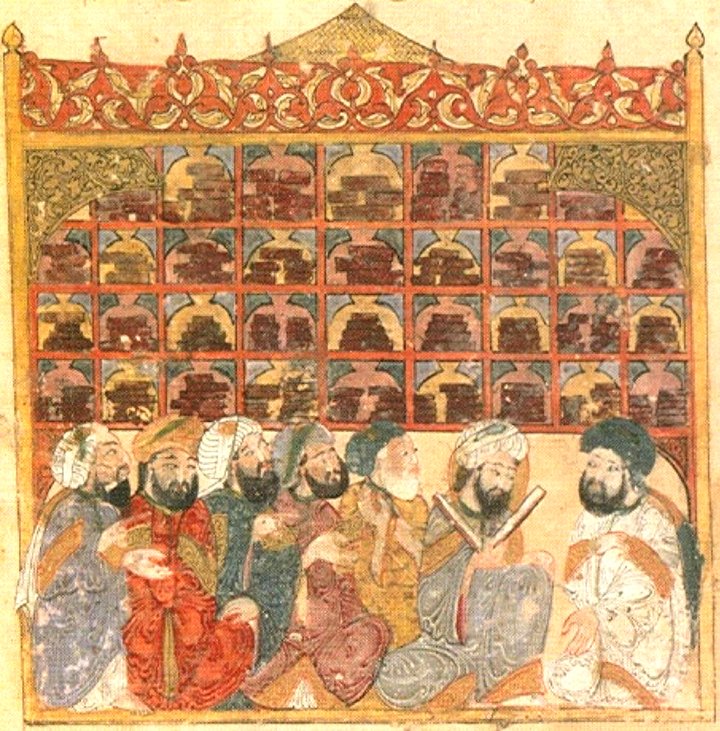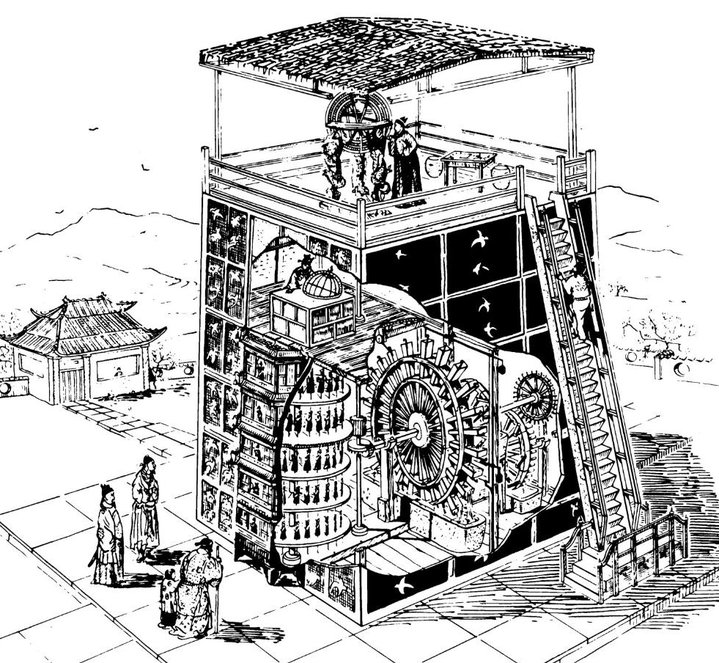For better or for worse, we’re in a period of history when technology, innovation and industry are roaring ahead as if there’s no tomorrow. It’s easy for me to forget how different the world in which I now live is, compared to the one in which I was born. 1942: Stalingrad, El Alamein, Midway; computers and the digital age were in the future; the turbojet plane was three years old; the first mobile phone four years away; the Manhattan atomic bomb project was just getting underway; and for every living person then, three are alive now. In the 78 years since—barely a lifetime—the rate of invention has been one headlong rush. It hasn’t always been so. History tells us of times when scientific inquiry and technological ingenuity pretty much came to a halt. Here are three of those times.
Bronze Age Collapse
The most celebrated of these occasions is probably the “Bronze Age Collapse,” around 1200 BC (or exactly 1177 BC, “the year civilization collapsed,” according to historian Eric Cline, when the so-called “sea-peoples” invaded Egypt). Prior to this time, the world of the Bronze Age had been thriving and growing in the eastern Mediterranean and Middle East. And then, in the space of a couple of decades, Old World civilizations went belly-up. Virtually all the great Bronze Age cities of the Minoans, Mycenaeans, Trojans, Hittites and Babylonians were destroyed, most by fire—archeologists point to blackened layers of debris. Trade essentially stopped. Writing mostly disappeared (to be revived much later, around 750 BC, allowing the lliad and Odyssey epics to be recorded for posterity after four centuries of oral transmission).

Graphic by “Alexikou.” Creative Commons License. Via Wikipedia.
What caused this comparatively sudden, widespread collapse? Probably a perfect storm of events—drought, climate change, overpopulation, disease—historians have been arguing about it for decades. For what it’s worth, my vote for the proximate cause: the tin trade routes were cut by brigands. Without tin, no bronze (tin + copper), no new weapons, leading to a crisis economy. (Copper was abundant in Cyprus, hence the name, while the source of tin is still debated.)
Dark Ages
Much later, the western world went through another hiccup, the Dark Ages, aka Early Middle Ages, following the fall of the Roman Empire. Learning only survived by “the skin of our teeth,” in the words of the late historian Kenneth Clark, whose 1969 BBC Civilization series presaged Ken Burns and all other TV historical documentaries; it’s still well worth watching. By Clark’s reckoning, remote Irish monasteries in the sixth and seventh centuries kept the flame of civilization burning. (His is now a minority view. Most historians give more credit to Arabic scholars centered on Baghdad during the Golden Age of Islam. Their efforts ensured survival of the works of Greek and Roman philosophers and inventors, via the 700-year-long Umayyad occupation of the Iberian Peninsula. Very little to do with Christian monks in Ireland.)

13th century depiction of Abbasid caliphate scholars, Yahya ibn Vaseti, (“Zeresh.” Public domain. Via Wikipedia)
12th Century Reversal
Then there was a curiously synchronous 40-year period when, far apart, several disconnected cultures turned their backs on scientific curiosity and inquiry. Consider three unrelated events that took place between 1100 and 1150 AD: (1) In medieval Kaifeng, China, the most sophisticated mechanical device up until that time, Su Song’s astronomical clock, was destroyed; (2) In France, freethinker Peter Abelard of the University of Paris was attacked by St Bernard of Clairvaux, the guy who preached the disastrous Second Crusade; (3) In Baghdad, philosopher-mystic Al-Ghazali’s attack on learning was (arguably) responsible for the beginning of the end of Islam’s “Golden Age” of scientific inquiry.

Su Song’s astronomical clock, drawn in 1877 per contemporaneous descriptions, via John Christiansen. (Public domain. Via Wikipedia.)
Despite all these setbacks, the human capacity for novelty and invention survived and flourished, bringing one revolution after another: printing, industrial, mechanical, electrical, digital and—just around the corner—AI and cybernetics.
I wonder if the anti-scientism of our time will prompt the next collapse?
CLICK TO MANAGE